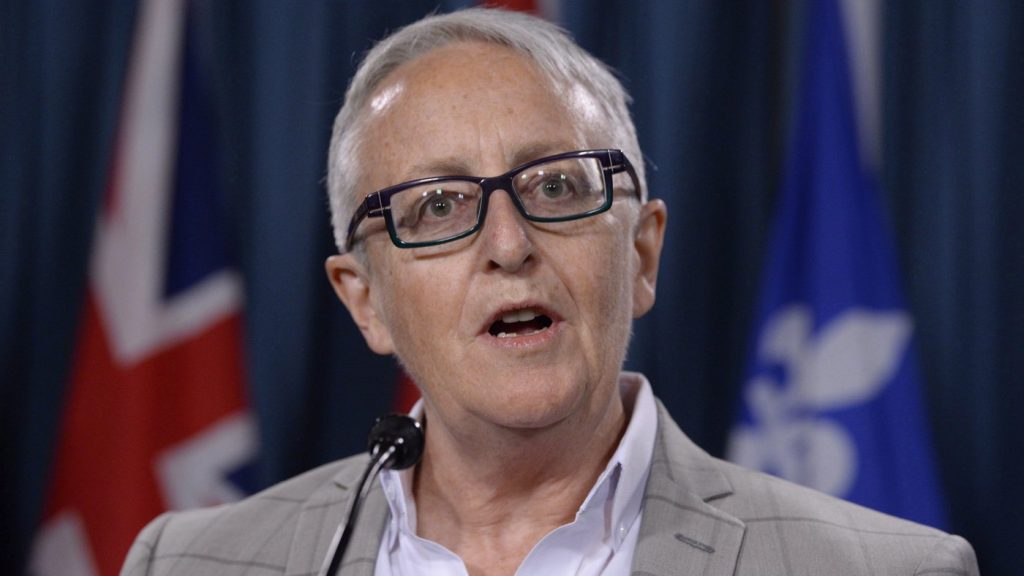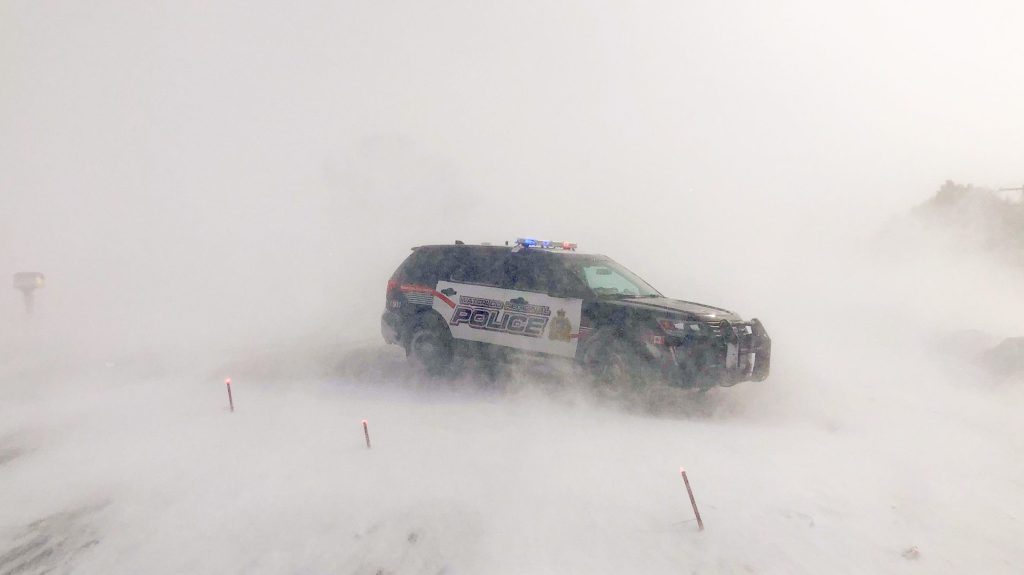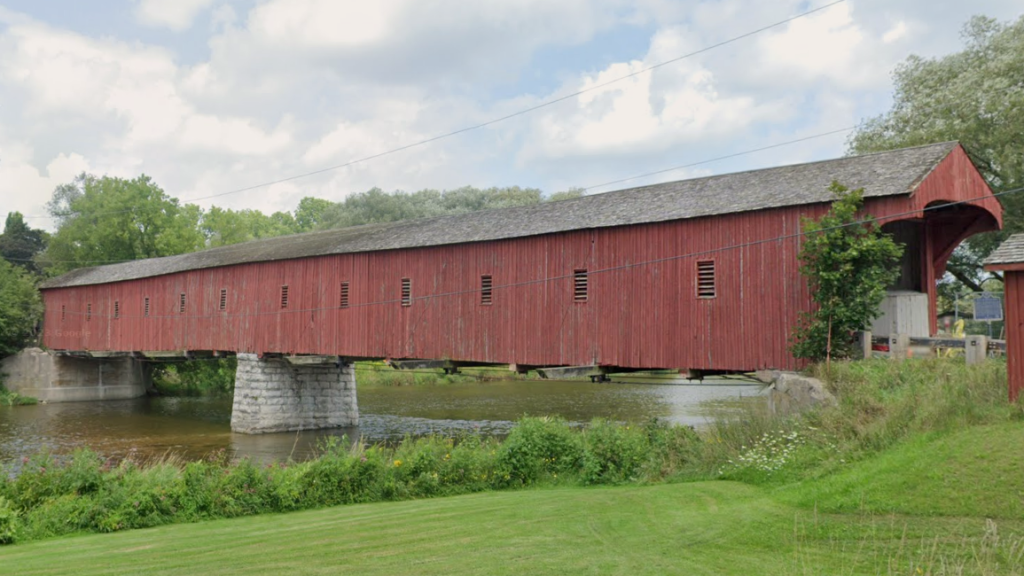Canadian LGBTQ+ advocacy group won’t visit UN forum over concerns about U.S. border

Posted Feb 16, 2025 06:00:27 AM.
Last Updated Feb 16, 2025 11:46:56 AM.
OTTAWA — Canada’s leading LGBTQ+ advocacy organization is boycotting travel to the U.S. — and won’t attend an upcoming United Nations event — in response to concerns about how their members might be treated at the border under the Trump administration.
“I don’t think there’s anything more important than safeguarding my staff and our community members, and also sending a strong message to the U.S.,” said Egale Canada head Helen Kennedy.
“It was a culmination and an accumulation of legislative changes, rhetoric and discriminatory policies specifically targeting gender-diverse folks that made us make this decision.”
U.S. President Donald Trump has signed an executive order that states the U.S. only recognizes two genders, male and female, and the U.S. State Department has replaced the acronym LGBTQI with the more limited term LGB.
Kennedy said she worries about anyone who identifies as non-binary, transgender or intersex and travels with a Canadian passport bearing an ‘X’ gender marker.
She said “the risks are too high” for people whose documents don’t match how they identify or present to others.
Non-binary people do not align with being fully male or female, and may appear androgynous. Transgender people are those who don’t identify with the gender they were assigned at birth, and may undergo legal and medical procedures to present as the gender with which they identify.
Intersex people are those who are born with varying sex characteristics, such as genitalia, hormonal patterns and chromosomes, that don’t fit neatly into the male and female categories. It is a biological term and does not refer to an identity.
U.S. Customs and Border Protection said in a media statement that people entering the country must use the proper documentation and Americans holding valid U.S. passports with a X gender marker will be processed as they had been previously.
Asked if that protocol also applies to Canadians entering the U.S. with a passport with an X gender marker, the agency said non-U.S. documents presented must be issued by an official government authority and the individual must be the rightful bearer of the document. The agency said that “the individual will be processed in accordance with established U.S. laws, policies, and procedures.”
Egale said its members will not attend the UN’s Commission on the Status of Women in person next month. While the group will attempt to participate through written and virtual programming, it will be left out of the networking and side events that Kennedy said are crucial to ensuring gender-diverse people are reflected in the policies that govern multilateral agencies.
“It’s not easy for us to take our voices out of any system that leaves us on the margins traditionally anyway,” Kennedy said.
The group will also miss out on meetings of the Organization of American States, which runs gender policy working groups that help shape laws across North and South America.
Egale has not warned LGBTQ+ people against travelling to the U.S. but is advising Canadians to be aware of the rules in states where they could be denied medical attention or the drugs they need.
“There are also very specific laws in the U.S. now targeting trans people, and I think that our community members specifically need to be aware of that,” Kennedy said.
“I’m not prepared to take the risk to have my staff go into that environment.”
In August 2023, Global Affairs Canada updated its travel advisory for the U.S. to warn LGBTQ+ people that “some states have enacted laws and policies that may affect” them. The American Civil Liberties Union says there are 388 anti-LGBTQ+ bills being deliberated in legislatures across the U.S.
Concerns about how LGBTQ+ people are treated at American ports of entry predated Trump’s return to the White House, with media outlets reporting that border guards and security officers have conducted strip searches and device checks.
The Assembly of First Nations council representing two-spirit and other LGBTQ+ people hasn’t set out a position on travel to the U.S. but will be discussing the issue, said co-chair Duane Aucoin.
Rainbow Railroad, an LGBTQ+ refugee resettlement organization, is based in Toronto but has a New York office. The group said in a statement that it would not make any staff members travel to the U.S. if they felt unsafe.
— With files from Alessia Passafiume
This report by The Canadian Press was first published Feb. 16, 2025.
Dylan Robertson, The Canadian Press








